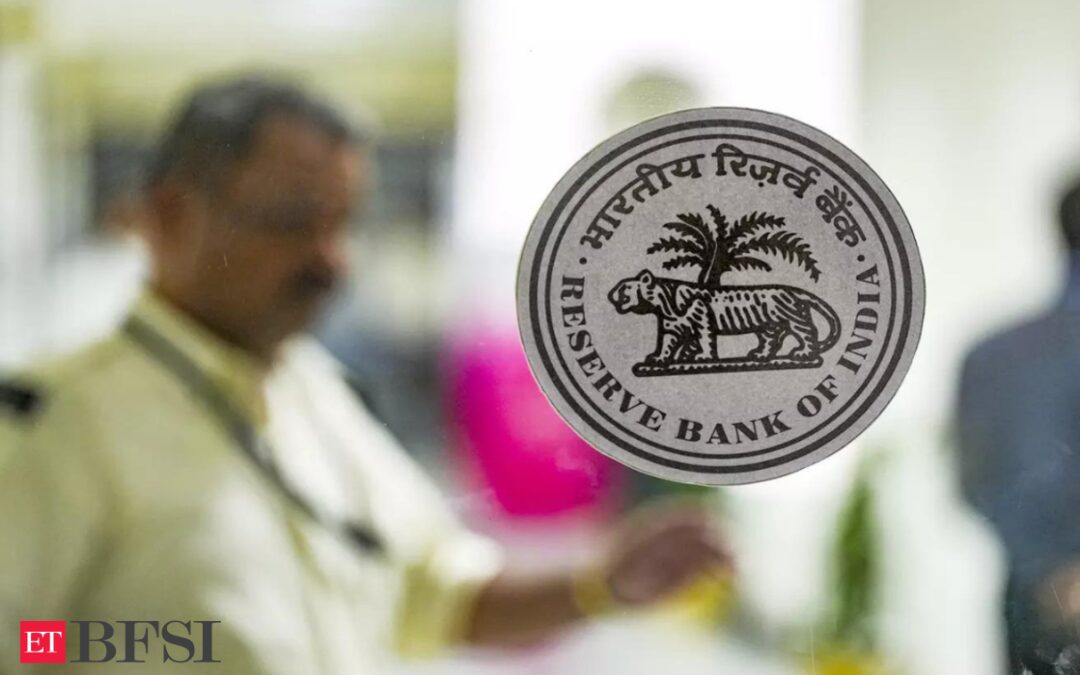Amid the Reserve Bank of India’s tightening noose over the NBFCs with its recent circulars to IIFL Finance and JM Financial, the representative body of the NBFC, FIDC, on Monday has released an advisory for the entities.
RBI had put curb on the IIFL gold loan business directing the company to cease and desist, with immediate effect, from sanctioning or disbursing gold loans or assigning/ securitising/ selling any of its gold loans.
Also Read: RBI bans IIFL Finance from sanctioning fresh gold loans
Further, on Tuesday, the RBI directed JM Financial to cease and desist, with immediate effect, from doing any form of financing against shares and debentures, including sanction and disbursal of loans against Initial public offering (IPO) of shares as well as against subscription to non-convertible debentures (NCDs).
Releasing the advisory for the NBFCs, the FIDC said, “We have seen regulatory actions over the past few months by RBI and other regulators against a few of the large entities having substantial business to emphasise on the importance of strict compliance and governance.”
“The clear message is that if business has to be done, it has to be done in accordance with acceptable standards and within the laws of the land. This is only to be expected in view of the deep impact financial services has in the growth and sustenance of our country,” it added.
Ensuring the smooth functioning of the member entities, FIDC’s circular emphasised on the adherence to all applicable laws and regulations at all times is a sine qua non.
KYC norms to be strictly adhered
The RBI has been aggressively monitoring whether the entities are thoroughly following the KYC compliances or not. Amid this scenario, the FIDC said to its member entities that all norms relating to KYC/AML should be followed by all our members, since any loophole in our internal processes could compromise India’s internal security and economic interests.
“There should not be a short cut or an atempt to circumvent these most important norms in any manner.”
The FIDC also directed the members that any observations/concerns/queries raised by the regulator during the course of supervision – both on-site and off-site – must be accorded the highest priority and suitable action taken within the prescribed time frame.
“It is equally important to keep the regulator informed on the remedial measures being taken to address their concerns, as and when required,” it said.
Appropriate risk management frameworks must be put in place
The FIDC also said that while each NBFC should have the flexibility to define its own financial risk appetite as decided by their Boards, appropriate risk management frameworks must be put in place and reviewed periodically. Members must ensure that there is zero risk appetite on regulatory maters.
Appropriate processes for monitoring the end use of loans must be put in place, it said.
Board level governance standards and processes as defined in the Companies Act and relevant RBI guidelines must be followed strictly, the FIDC highlighted.
Fair Practices Code to be followed in customer dealings
The FIDC also highlighted that the fair Practices Code must be followed in customer dealings at all times.
This is important for NBFCs since a large number of our borrowers belong to vulnerable segments with a lower level of financial literacy and hence are gullible to questionable business practices, the FIDC said.
Further, it highlighted that the members must always ensure that their businesses are conducted in a manner to ensure sustainable growth and profitability and not fall victims to short term measures.








